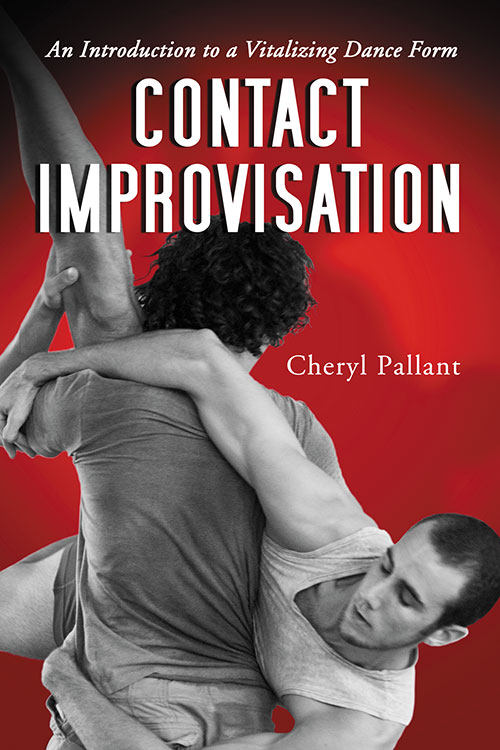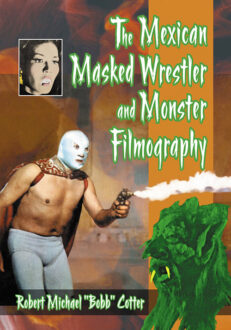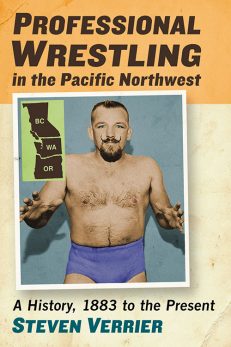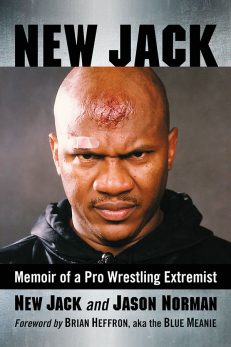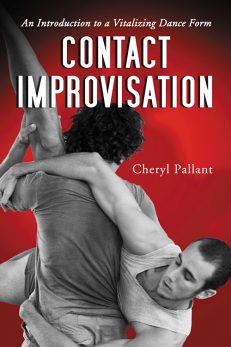Contact Improvisation
An Introduction to a Vitalizing Dance Form
$29.95
In stock
About the Book
In most forms of dancing, performers carry out their steps with a distance that keeps them from colliding with each other. Dancer Steve Paxton in the 1970s considered this distance a territory for investigation. His study of intentional contact resulted in a public performance in 1972 in a Soho gallery, and the name “contact improvisation” was coined for the form of unrehearsed dance he introduced. Rather than copyrighting it, Paxton allowed it to evolve and spread.
In this book the author draws upon her own experience and research to explain the art of contact improvisation, in which dance partners propel movement by physical contact. They roll, fall, spiral, leap, and slip along the contours and momentum of moving bodies. The text begins with a history, then describes the elements that define this form of dance. Subsequent chapters explore how contact improvisation relates to self and identity; how class, race, gender, culture and physiology influence dance; how dance promotes connection in a culture of isolation; and how it relates to the concept of community. The final chapter is a collection of exercises explained in the words of teachers from across the United States and abroad. Appendix A describes how to set up and maintain a weekly jam; Appendix B details recommended reading, videos and Web sites.
Instructors considering this book for use in a course may request an examination copy here.
About the Author(s)
Bibliographic Details
Cheryl Pallant
Format: softcover (6 x 9)
Pages: 207
Bibliographic Info: 35 photos, appendices, notes, glossary, bibliography, index
Copyright Date: 2006
pISBN: 978-0-7864-2647-8
eISBN: 978-1-4766-2649-9
Imprint: McFarland
Table of Contents
Acknowledgments ix
Preface 1
Prologue 7
1. The Creative Body: Source of a New Form 9
2. The Practicing Body: Contact Improvisation Fundamentals 21
3. The Knowing Body: Self and Identity 47
4. The Entitled Body: Politics and Privilege 71
5. The Relating Body: Alienation and Orientation 95
6. The Tribal Body: Creating Community 123
7. The Dancing Body: A Teacher’s Sampler 151
Glossary 177
Appendix A: Setting Up a Weekly Contact Improvisation Jam 179
Appendix B: Resources 181
Notes 185
Bibliography 189
Index 193
Book Reviews & Awards
“Recommended”—Choice
“Fantastic…a book to treasure”—Proximity

